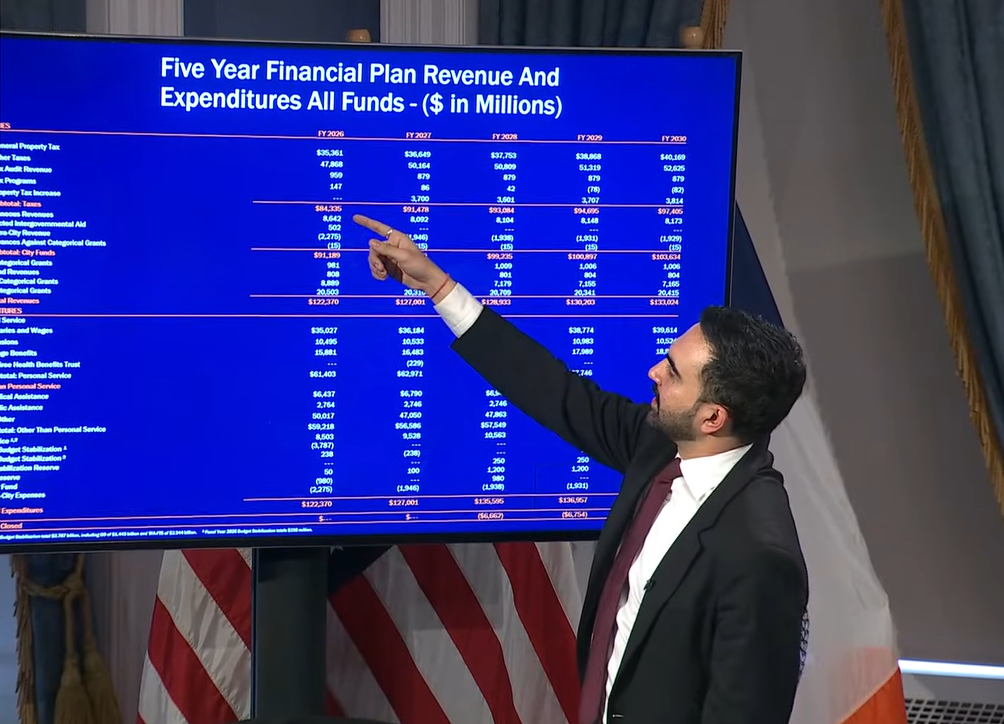Post-tax season is when tax professionals try to convince themselves that next year won’t be as bad. Unfortunately for optimism, CPAs and tax pros tend to be logical people.
In spring 2017, you will spend more than half your waking hours staring at tax returns unless you change your process. What would enable you to run your business more profitably and less painfully?
The pain of tax season boils down to manual labor: time spent on data entry, calculations, and research. This includes time wasted on clients’ preventable errors, which accumulate every year and smite you during tax season.
If you can eliminate unnecessary mistakes before they siphon your hours, you can serve more clients in less time, with reduced liability. To prevent unnecessary mistakes, create a tax “virus” scan along the following lines:
- Set Up Your “Virus” Scan
Antivirus software checks for malware at a set frequency in order to catch dangers before they cause damage. CPAs should adopt a tax check comparable to the virus scan.
To do this, pull transactional and tax data from your clients, automatically, on a regular basis. You can import this data into your accounting software or into Excel. You should have the ability to “scan” your clients’ tax data on a monthly basis, at minimum. If you have to manually enter data from thousands of invoices to run your scans, you won’t do it.
- Create Your “Quick Scan”
The “quick scan” in antivirus software covers the basic threats in minimal time. Your tax “quick scan” should be comparable.
Come up with a list of basic issues to review. Does this client have the cash reserves to cover upcoming tax payments, such as withholdings, pre-payments, monthly sales tax obligations, quarterly estimates, and other periodic filings? Are there checks outstanding that have not been cashed and could affect available cash flow? Is the business complying with prepayments and withholdings? For exempt sales, do they have exemption certificates? In jurisdictions where the company has tax exposure, have rates and rules changed?
This checklist should cover universal tax issues that apply to all businesses. Focus on discrepancies that a) Could catch an auditor’s attention, and b) Traditionally create extra work for you during tax season.
- Create “Complete Scans” for Different Businesses
Running with our antivirus analogy, create “complete scans” for the different types of businesses you serve. A local sandwich chain, a national software business, and an online retailer are liable to have different tax obligations and make different types of mistakes.
For the sandwich chain, you might run a quarterly scan for changing tax rates and impending legislation. For the software company, you might check the tax treatment of software in jurisdictions where they have added customers. For the ecommerce business, perhaps scan for new products. Are they taxable? Where do they create exposure? What are the relevant tax rates?
In your complete check, keep an eye out for strange laws. If the sandwich shop wants to add bagels to the menu, does it know that in New York, “altered” bagels (sliced or with a topping) carry an eight cent tax, while untouched bagels do not? Does the software company realize that Connecticut taxes “canned or prewritten” software at six percent while custom software is only taxed at one percent because the latter is a “service”? Does the online retailer know that Illinois defines candy to exclude anything with flour? Yes, the retailer’s gift basket with chocolates will be taxed higher than its gift basket with chocolate pretzels.
What’s Your Edge?
To create your tax virus scan, you need access to current data, a basic checklist for your quick scan, and secondary checklists for your complete scans. As you prevent mistakes that would normally translate into manual labor, you will become more efficient and accurate, and you will reduce liability. Consequently, if you can complete more tax returns in less time, you can serve more clients, work fewer hours, or charge a lower rate than your competitors. Clients will also appreciate your proactivity.
You spent tax season thinking about other people’s businesses. Make post-tax season all about your own business. Whether you implement the virus scan I suggested, or try something else, give yourself substantive reasons to be optimistic about next tax season.
Thanks for reading CPA Practice Advisor!
Subscribe Already registered? Log In
Need more information? Read the FAQs
Tags: Taxes




